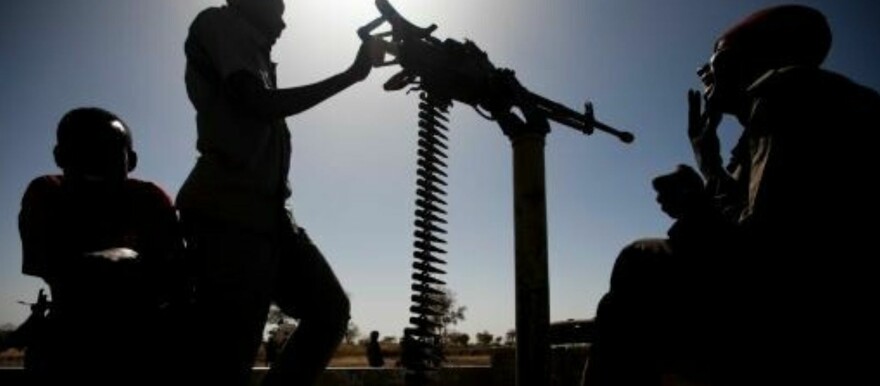Residents of areas under the control of the Rapid Support Forces (RSF) in the northern part of Sudan’s White Nile State have said they are enduring health and food crises, with their region witnessing security lapses by the RSF alongside aerial bombardment by the Sudanese Air Force.
A resident of Wad El-Zaki which is located 15 kilometers north of Al-Awaj where the RSF is present, told Radio Tamazuj that the RSF has been looting since they assumed control of the area.
“Our area was safe and people’s lives were normal before the fall of Al-Qiteena town. Then, the phenomenon of looting by the RSF began about 7 kilometers away from the area. When locals complained to RSF leaders, they attributed the looting operations to the search for outlaws,” he explained. “People in the affected areas now rely on the markets of Duweim and Rabak to meet their needs, however, when clashes occur in Al-Awaj, residents refrain from shopping in Duweim and Rabak for several days because it is the only road connecting them to the markets.”
According to El-Zaki, residents traveling from Wad El-Zaki to Duweim take a dirt road near Al-Awaj to avoid looting.
He also said that the weekly market known as Naeema used to operate normally twice a week but repeated looting, terrorism, and extortion by the RSF forced traders to stop working, leading to the closure of the market.
Moreover, he pointed out that the military aircraft constantly hovered over the area causing terror among civilians and resulting in casualties in some villages due to aerial bombardment. El-Zaki confirmed that residents have begun to flee towards the north of the state to Duweim, Rabak, and Kosti.
For his part, Mohammed Ali Al-Tijani, a resident of the Um Ramteh locality, said his area, even before the war, had no presence of government soldiers.
“The area comprises over 30 villages and is historically known for the absence of government forces. However, large parts of it are now under the control of the RSF, subjecting it to airstrikes by the army. This has caused loss of lives and properties,” he stated. “Residents face health problems due to the lack of healthcare and essential medicines for chronic diseases, as well as shortages of foodstuffs, because the RSF imposes taxes on goods coming from White Nile, leading to a significant increase in prices.”
Ali said that residents agreed with the RSF not to enter their villages but that the latter occasionally violated the deal, resulting in looting and killings, constantly alarming the residents.
Meanwhile, a Sheikh from the Al-Jumu’iyah area situated in northern White Nile who spoke on condition of anonymity, noted that the area experiences minimal displacement compared to areas witnessing clashes. He said only those affiliated with security agencies and government departments are displaced as the RSF seeks to settle scores.
He also noted that there are personal reasons for displacement, such as individuals with illnesses seeking healthcare.




